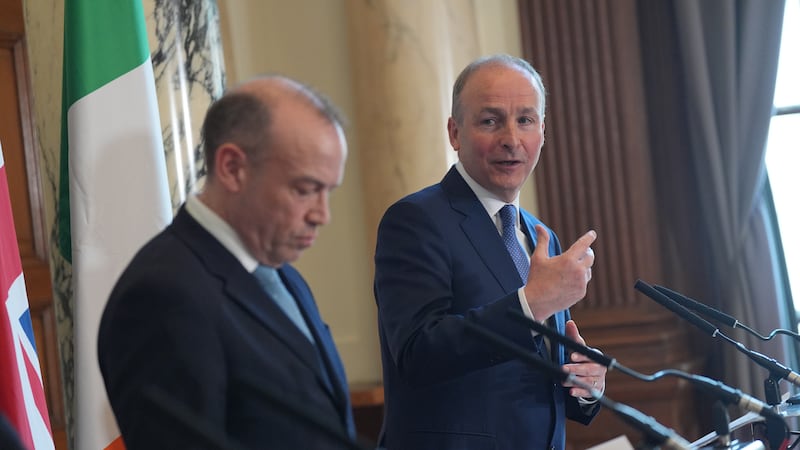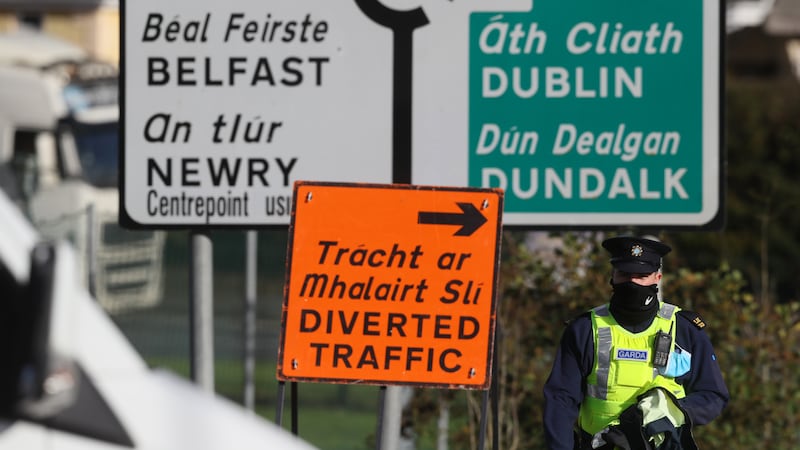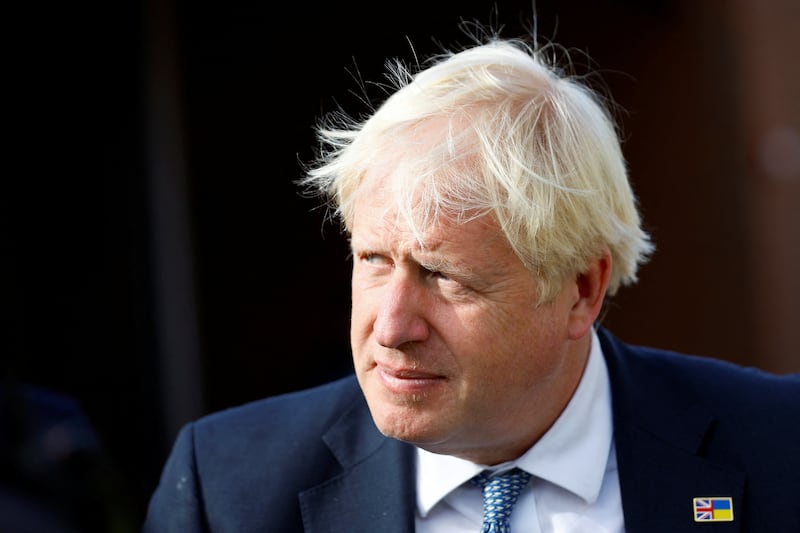Very few people who have followed the career of Boris Johnson will have been surprised by his enormously hazardous decision yesterday to suspend the Westminster parliament as the Brexit deadline approaches.
His time in public life has been punctuated by high profile but risky judgment calls which have frequently been followed by unexpected consequences and dramatic upheavals.
While he may have been able to avoid taking full responsibility for his actions as a backbench MP and even as London mayor, he struggled to deal with the scrutiny which accompanied his short period as British foreign secretary.
He is under an even more intense spotlight as prime minister, but the evidence is that he still prepared to respond to pressure by rolling a political dice and hoping that his number comes up.
It will be recalled that, while out of government only last March, Mr Johnson voted for Theresa May’s EU Withdrawal Agreement, only to denounce the same measure when he succeeded Mrs May.
He then told us that the chances of a no-deal Brexit were a `million to one’, but has since based his entire strategy on preparing for just such an outcome.
Mr Johnson’s prorogation intervention yesterday was widely regarded as a blatant attempt to prevent further parliamentary debate on his plans, and caused uproar among pro-EU Conservative MPs and almost all the Westminster opposition parties.
Only the DUP, who keep Mr Johnson in power, stood by him, but the other main Stormont groups, including Sinn Féin, the SDLP, Alliance and significantly the Ulster Unionists, strongly criticised his ploy.
Mr Johnson has plainly abandoned any pretence that he is interested in reaching a consensus on restoring devolved structures in Northern Ireland, but he faces an even more pressing problem in the shape of a likely no confidence motion in the House of Commons.
It is quite possible that he is already preparing for an early UK general election, an option which rebounded badly on Mrs May but still has its attractions because of dissatisfaction among many Labour supporters with the leadership of Jeremy Corbyn.
While Mr Johnson may well regard all this as a game of cards, what he is really doing is gambling with the credibility of the political institutions on both sides of the Irish Sea.







